With the rapid growth of quality measuring, monitoring, and pay-for-performance in health care, composite measures that aggregate an organization’s improvement metrics are increasingly used.
Yet, such measures can have serious consequences from focusing organizations on less-effective quality improvement efforts to their exclusion from an insurance network due to low composite scores.
Inadequacies of the quality measures aside, how the measures are weighted to develop the aggregate score can be just as or even more important. The JKTG Foundation commissioned experts from Boston University to study and describe different approaches to composite measures and explain the different results of their use. This project is the basis of a newly published article “Composite Measures of Health Care Provider Performance: A Description of Approaches” in the recent issue of the Milbank Quarterly.
The paper discusses the different concepts that can underlie the construction of quality measures, describes different approaches to the combination of measures, and illustrates the dramatic differences in rankings that can occur just due to different ways of combining the same individual measures.
For example, it is possible for a provider to be ranked best in every single individual measure used, but not to be best in a composite measure. This phenomenon is known as Simpson’s Paradox.
The weighting area is but one part of the JKTG’s ongoing patient-centered care initiative. The Foundation has also funded open access for this article. Please visit Milbank Quarterly to learn more.
Featured news
Ted’s Take: Leaders and Leadership
We need more leaders; Government, businesses, consulting firms, fortune 500 companies, associations, you name it. The problem is there is a dearth of leaders, but few are truly able to take a leadership role.
Ted’s Take: Do we need AI guardrails?
Artificial Intelligence (AI) is all the rage now. There are all numbers of folks developing AI technology and applications that range from simple to complex.
Ted’s Take: Does AI learn and incorporate our biases?
We hear tons of conversation around the use of Artificial Intelligence (AI). We also hear that the application of AI might be the solution to almost everything. While that’s both an overstatement and unrealistic, there are a lot of companies and folks working to make AI do just that — solve everything

Jayne Koskinas Ted Giovanis
Foundation for Health and Policy
PO Box 130
Highland, Maryland 20777
Media contact: 202.548.0133


